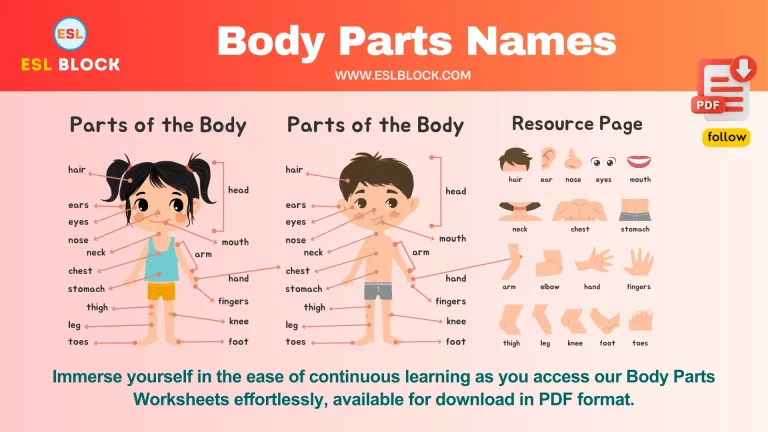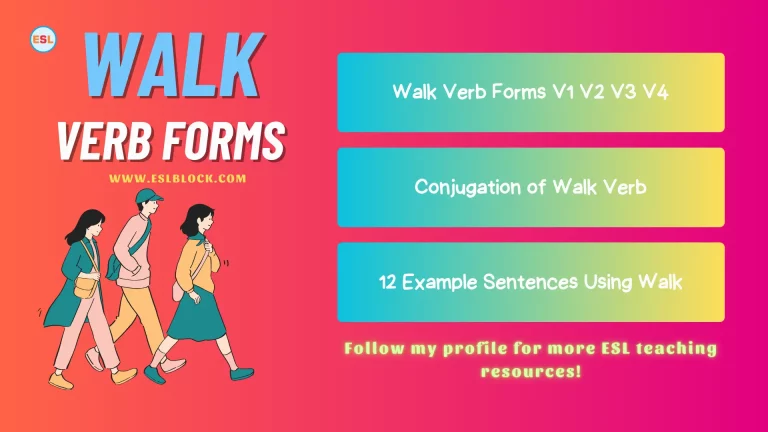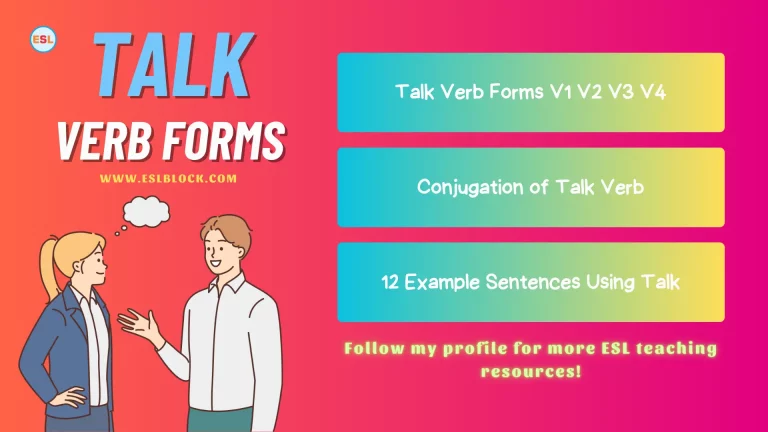Causative Verbs in English with Example Sentences

Embark on an exploration of causative verbs, the subtle orchestrators in the symphony of English grammar! ? Positioned within the intricate structure of parts of speech, causative verbs play a distinctive role in conveying the idea of causing someone to take action.
In this article, we’ll unravel the definition, meaning, and significance of causative verbs, shedding light on their place in the dynamic dance of linguistic expression.
Causative verbs, often operating behind the scenes, hold a unique position among parts of speech. ? Unlike other verb types that directly convey an action, causative verbs introduce the concept of causing someone else to perform the action.
In this exploration, we’ll demystify the essence of causative verbs, delving into their role in shaping the cause-and-effect dynamics within sentences.
Also Check: Parts of Speech
What are Causative Verbs?
Causative verbs are linguistic tools that indicate the action of causing someone else to do something. These verbs bridge the gap between the instigator of an action and the person who carries it out.
For example, in the sentence “She made him laugh,” the causative verb “made” implies that the subject (She) was the cause of the action (him laugh), without directly performing the action herself. This characteristic allows causative verbs to convey the idea of influence or direction, shaping the cause-and-effect relationships in sentences and narratives.
Examples of Causative Verbs
Explore the world of causative verbs through this list:
- Make
- Have
- Let
- Get
Example Sentences using Causative Verbs
- She made Alex bake cookies for the party.
- Peter had his sister fix his bicycle.
- The teacher let the students choose their own project topics.
- They got the mechanic to repair the car.
- Emma made Jake clean the entire room.
- Daniel had his friend paint the fence.
- Let Olivia decide where we’ll have dinner tonight.
- The parents got their children to finish their homework.
- Amanda made Tom bring her coffee every morning.
- Josh had his brother pick up the groceries.
- Let Sophia use your laptop for the presentation.
- The team got the coach to reconsider the training schedule.
- She made Ethan apologize for his mistake.
- Megan had her colleague complete the report.
- Let Liam handle the arrangements for the event.
- They got their neighbor to water the plants while they were away.
- The manager made Sarah organize the team meeting.
- Jason had his roommate buy tickets for the concert.
- Let Emily join the discussion about the new project.
- The siblings got their parents to approve their weekend plans.
Conclusion
In the intricate dance of English grammar, causative verbs emerge as the directors, influencing and shaping the actions performed by others. ? Their role in indicating the cause-and-effect relationships within sentences adds depth and complexity to our expressions.
As we navigate the vast landscape of parts of speech, let’s recognize the importance of causative verbs in orchestrating the dynamics of influence and direction, providing a nuanced layer to our language. In the grand production of words, causative verbs stand as the subtle influencers, directing the narrative of actions within sentences.






